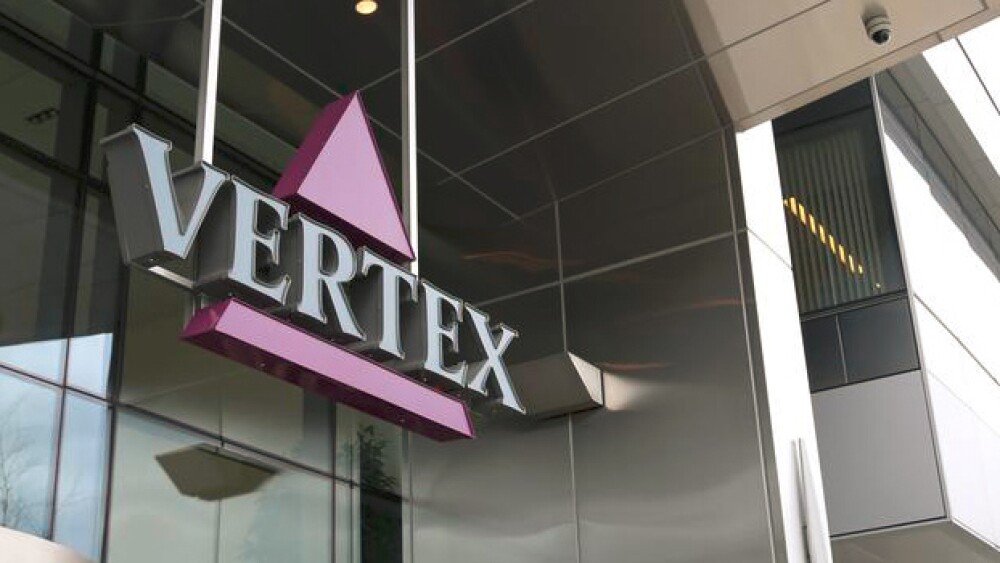Shares of CRISPR Therapeutics plunged dramatically Wednesday after the U.S. Food and Drug Administration placed a clinical hold on a planned sickle cell disease treatment the company was in the process of developing with Vertex Pharmaceuticals.
Shares of CRISPR Therapeutics plunged dramatically Wednesday after the U.S. Food and Drug Administration (FDA) placed a clinical hold on a planned sickle cell disease treatment the company was in the process of developing with Vertex Pharmaceuticals.
Cambridge, Mass.-based Vertex said the regulatory agency placed the hold on its Investigational New Drug Application for CTX001, an investigational gene editing treatment. The FDA’s concern was “the resolution of certain questions that will be provided by the FDA as part of its review of the IND,” CRISPR said on Wednesday. The IND was submitted in April in support of a planned Phase I/II trial.
CRISPR and Boston-based Vertex inked a deal to co-develop CTX001 in December 2017. The two companies have had a developmental partnership since 2015. Vertex and CRISPR planned to use the CRISPR/Cas9 technology to launch clinical trials for sickle cell disease in the United States and β-thalassemia in Europe. The decision to begin trials with CTX001 was based on preclinical data presented at the American Society for Hematology in December that showed “clinically relevant increases in fetal hemoglobin and a high editing rate that support the advancement of CTX001 into the planned trials in β-thalassemia and sickle cell disease in 2018.”
As of yet, there is no word whether or not the trial in Europe will be affected by the FDA’s decision. CRISPR spokesman Chris Erdman told Bloomberg that as of now there is no belief at the company that the β-thalassemia trial will be affected.
“We’re working with the FDA and will respond as soon as we can about whatever questions they have regarding the trial,” Erdman told Bloomberg.
Following the late afternoon announcement shares of CRISPR plunged nearly 20 percent to $57 from its close of $73.59. In premarket trading this morning the stock has shown some rebound from the initial fall but remains down about 15.75 percent.
In the brief announcement about the clinical hold, CRISPR and Vertex said they expect to obtain additional information on the FDA’s questions regarding the IND “in the near future” and will quickly work to address those concerns.
In December 2017 the FDA approved Spark Therapeutics gene therapy Luxturna. That approval was the first time the FDA has approved a directly administered gene therapy that targets a disease caused by mutations in a specific gene. But it’s not all been easy for gene therapy. The FDA placed a clinical hold on Solid Biosciences Inc.’s experimental gene therapy treatment for Duchenne muscular dystrophy. The clinical hold was placed on SGT-001, a novel adeno-associated viral (AAV) vector-mediated gene transfer after the company’s gene therapy expert James Wilson, a key member of Solid’s scientific advisory board, resigned from the company over safety concerns. In a filing with the U.S. Securities and Exchange Commission, Solid said Wilson “resigned from our Scientific Advisory Board citing emerging concerns about the possible risks of high systemic dosing of AAV.”
Wilson’s abrupt departure may have triggered the FDA’s caution with CRISPR and Vertex. Brian Skorney, an analyst with Robert W. Baird & Co. told Bloomberg that he believes the FDA is being cautious about the human trials of the gene editing technology because “it’s a permanent alteration of a patient’s genetic code.”





